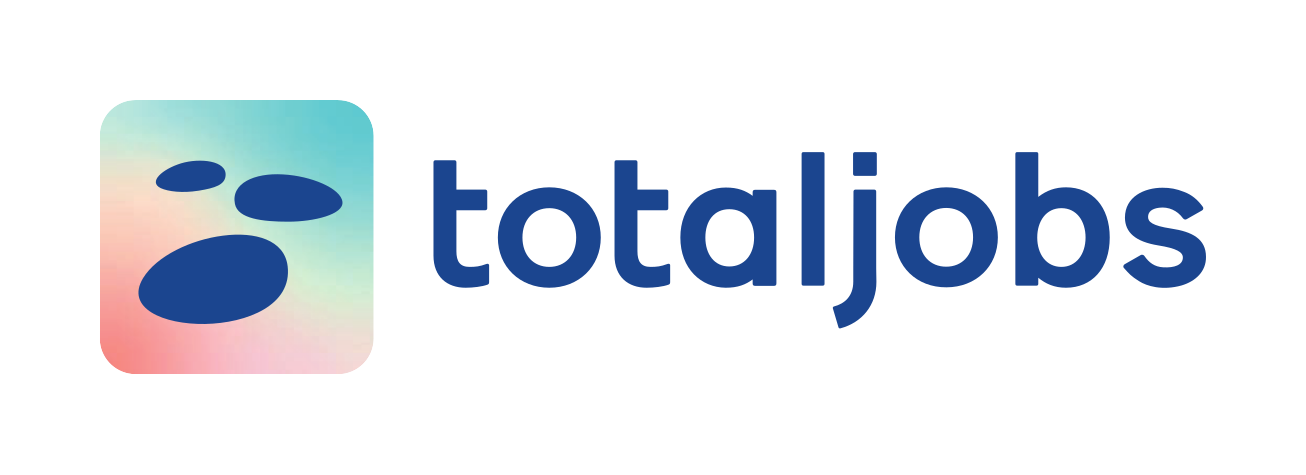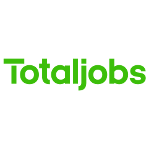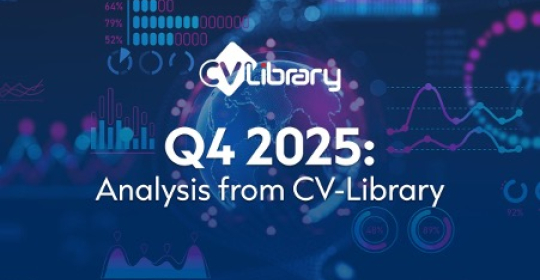- The average time to hire is now 8 weeks, compared to 4.8 weeks this time last year, as businesses focus on finding the right talent for growth
- One in three (30%) large businesses and one in four (25%) SMEs planning to increase overall hiring next year
- Over half (58%) of businesses feel confident they will hire the talent they need in 2026
Employers are taking longer to choose who to hire as they balance tighter recruitment budgets, and a surplus in applications, with a renewed focus on finding the right people to drive growth, according to new research from Totaljobs.
The average time it takes for employers to hire someone after first publishing a vacancy has risen to 8 weeks, with larger businesses now taking up to 9 weeks to fill roles. This compares to a 4.8 week average reported by a previous Totaljobs survey conducted this time last year.
Cautious hiring slows down job offers
The more cautious approach to recruitment reflects a continued slowdown in the labour market as employers tackle increases to the National Minimum Wage and National Insurance contributions.
Recent ONS data shows that unemployment rose to 4.7% in September while vacancies dropped below pre-pandemic levels, prompting hiring decision-makers to take extra time to ensure they make the right investment.
According to Totaljobs’ survey of 900 HR leaders and 2,000 candidates, over half (56%) of recruiters say they are struggling to secure sufficient recruitment funding. Yet, many are adapting by building more flexible teams: one in four (25%) businesses have increased hiring for temporary workers and freelancers in the past six months.
Application overload
Longer hiring timelines are also being driven by a growing volume of applications, extending the time it takes to review and respond. With one in three workers (32%) planning job moves in the new year, this trend looks set to continue into 2026.
Recruiters now receive an average of 22 applications per vacancy, with technology increasingly helping them manage the influx. Over three-quarters (77%) of recruiters believe AI can improve hiring efficiency, and a quarter (25%) are already using automation tools for CV screening, interview scheduling, and feedback delivery.
Skills-based hiring shaping the future workforce
Finding candidates with the right skills remains employers’ top challenge – cited by 70% of recruiters. As a result, skills-based hiring is fast becoming a key focus for 2026 (43%).
Soft skills such as problem-solving, collaboration, communication, and critical thinking top recruiters’ wish lists (38%), alongside technical skills like programming and data analysis (37%). This trend marks a more inclusive and forward-looking approach to recruitment, where adaptability and potential are valued as much as experience.
Optimism on the horizon
Despite challenges, the outlook for 2026 is decidedly upbeat, with over a third (36%) of businesses already ramping up hiring since April. One in three large businesses (30%) and one in four SMEs (25%) plan to increase overall hiring next year. More than half (58%) of employers say they are confident they will secure the talent they need, a strong sign of recovery in hiring confidence.
Luke Mckend, CEO at Totaljobs (part of The Stepstone Group) comments: “Waiting to hear if you’ve got a job has always been stressful and given the extra caution we’re seeing in the labour market, that wait has become longer. But this shift shows businesses are thinking strategically about their people and making investments that will sustain future growth.
Technology is already starting to rebalance the process, cutting through admin and helping recruiters focus on people. As AI continues to streamline early-stage screening, we expect both confidence and hiring pace to rebound in 2026. In fact, over three quarters of businesses believe AI will improve hiring efficiency.
“Anyone entering the job market needs to think strategically about how they position themselves in an increasingly competitive market while upskilling in the right areas. We’re seeing growing demand for softer skills so job seekers should be thinking of ways to bolster their CVs to stand out from the crowd.”







